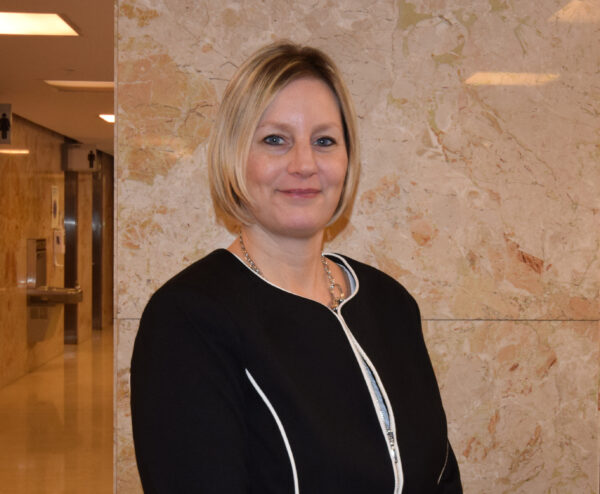Currently Accepting Students
Dr. Cranley’s research examines ways to improve the quality of healthcare delivery and the quality of life for older adults in long-term care.
Dr. Lisa Cranley is Associate Professor, Lawrence Bloomberg Faculty of Nursing. She holds a cross-appointment (status only) with the Factor-Inwentash Faculty of Social Work, Institute for Life Course & Aging, University of Toronto, and is Assistant Adjunct Professor at the Faculty of Nursing, University of Alberta. Her research examines ways to build capacity of the long-term care workforce and ways to engage residents and family in care planning using qualitative and mixed methods studies. Her research is funded by CIHR and SSHRC.
-
2012 – Post-Doctoral Fellow, Knowledge Utilization Studies Program, University of Alberta
-
2009 – PhD in Nursing, University of Toronto
-
2003 – MN, University of Toronto
-
1997 – BScN, University of Ottawa
-
1994 – Diploma in Nursing, Conestoga College
Dr. Cranley’s PubMed link is available here.

Stephen Adombire
PhD student
Stephen’s research interests include exploring the state of evidence-based nursing (EBN) competencies, facilitators to and barriers of EBN, and EBN education in Ghana.

Bonnie Lum
PhD student
Bonnie’s research interest is in exploring implementation of health exchange solutions in long-term care settings.
Lori MacCullough
DN Student
Lori’s research project interest is in determining the barriers and facilitators impacting sustainability of evidence-based practice changes in long-term care homes.

Diana Abudu-Birresborn
PhD student (Co-supervisor Dr. Martine Puts)
Diana’s research interests are in exploring the readiness of staff nurses to provide age-appropriate care for older adults in Ghanaian hospitals.

Danielle Just
PhD student
Danielle’s research interest is in exploring the role of the personal support worker in providing palliative care in the long-term care setting to improve the quality of life for older adults.
